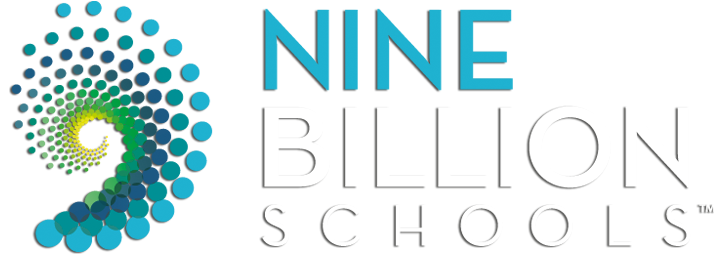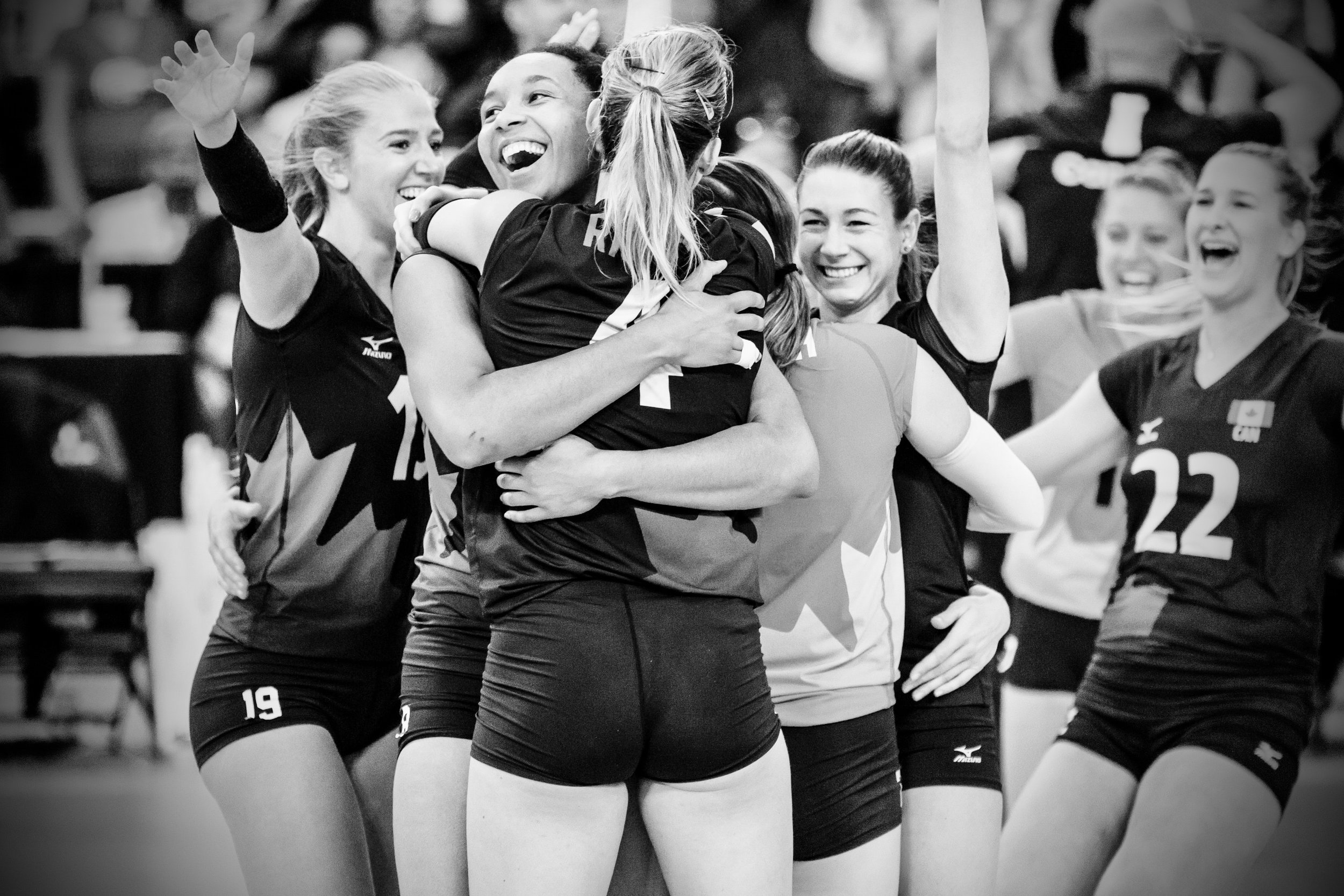Life-Wide Learning Through Sports
Whether it’s little league baseball or beginner ballet, playground dodgeball or scuba diving, from the time many of us are children, sports can play an important role in developing our passions. Even as we age, sports can play an important role in living happy, healthy and fulfilled lives. What’s more, sports offer opportunities for learning well beyond simply perfecting a precise marching band formation or mastering the alley-oop.
As we know, learning is life-long, life-wide and life-deep. Sports fall into life-wide learning—learning and development that take place in real-life settings. Sports teach valuable lessons and transferrable skills, which is especially important in the formative years when many children and teens are involved in sport activities.
Developing soft skills through sports
Among the many lessons athletes learn from sports, “soft skills” may be among the most important takeaways. Leadership, communication, teamwork, perseverance, hard work and respect are just a few of the many lessons people can learn through sports.
Imagine a young athlete who plays more than one sport per season, like volleyball and soccer. In elementary and middle school, she learns to pass the ball with teammates, communicate on the court and field, respect other players, graciously celebrate wins and bounce back from losses. As she gets older and sports become more competitive, she may need to improve her skills to earn a starting spot on the team. So, she practices on her own in addition to working diligently at team practice until her skills advance enough for her to reach her goal. During this period, she also learns to manage her time juggling academic work, other extracurriculars and social relationships with athletics. By the end of her high school career, she’s named team captain, responsible for modeling appropriate team behavior, coaching younger players and leading her teammates on and off the court.
Children and teens around the world experience such personal and skill development through sports every day. A recent sports camp conducted by Pro Sport Development in partnership with the Society for Participatory Research in Asia and the Martha Farrell Foundation saw an understanding of these skills develop in participants over just a few days:
“They realised that unity is an important part of a team, especially to achieve their goals. Moreover, they came to the conclusion that everyone in a team needs to contribute to achieve success, and that trust within a team is the glue that holds it together.
The youth learnt the importance of communicating with each other, understanding that if used effectively, communication can simplify tasks and can also be used to motivate others. For many of the youth, it was the first time leading teams and being captains, which empowered them, but also made them realise the important role of a leader to motivate groups, delegate responsibilities effectively and lead them towards certain goals.” – sportanddev.org
Unlike learning facts and figures in a history class, skills learned through experiences are more likely to stick with individuals because they can continue to be developed and applied to other areas over time.
Transferring soft skills to the workplace
Soft skills developed through sports have real implications for athletes later in life. According to LinkedIn, three of the top four most in-demand soft skills are leadership, communication and collaboration. And these skills may be even more valuable than the hard skills learned in schools or in workplace training programs. In a recent survey, 57 percent of business leaders said they believe soft skills are most important.
In addition, it’s hard to deny that perseverance, discipline and hard work are valuable qualities in any employee. Athletes working to improve athletic performance often learn the value of hard work and dedication at a young age.
Consistent effort and improvement over years of athletics also demonstrates the value of lifelong learning. In a time where the workplace is constantly shifting, this drive for constant learning and improvement is invaluable. With technological and other business changes, successful employees need to develop new skills throughout a lifetime, as athletes do throughout their career to stay competitive.
“Sport is not just physical activity…. It also is an educational tool which fosters cognitive development; teaches social behavior; and helps to integrate communities.”
Connecting communities to a larger purpose
Sports provide a universal experience that can connect people in ways few other experiences can. Just look at the Olympics or the World Cup, which bring together thousands of athletes and millions of fans and spectators around the world for the same purpose. On a smaller scale, sports connect athletes, families, schools and communities, teaching both participants and fans about how people of different backgrounds can rally around the same uniting cause.
According to the United Nations Educational, Scientific and Cultural Organization, “Sport has the power to provide a universal framework for learning values, thus contributing to the development of soft skills needed for responsible citizenship.” In other words, the lessons learned through sports help shape individuals as humans, teaching values and skills that shape behavior and citizenship. While some lessons may be pinpointed and applied more easily—like leadership or communication—others are more difficult to define but are equally important in shaping how a person interacts with the world around them.
Life-wide experiences are often more difficult to quantify but are no less valuable than knowledge and skills learned other ways. So, go ahead, pick up a ball, join a league or start a spontaneous game with friends. You never know what you might learn.






